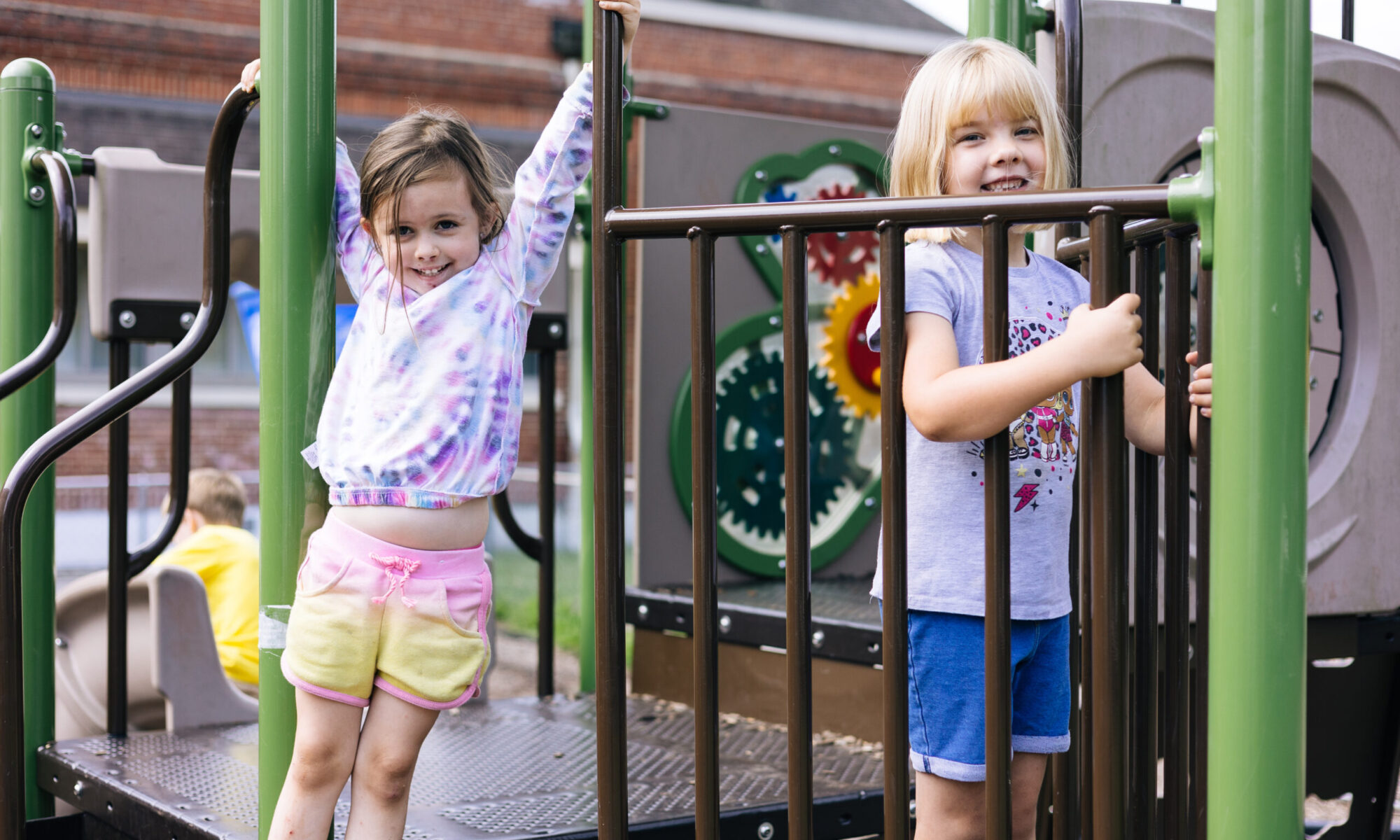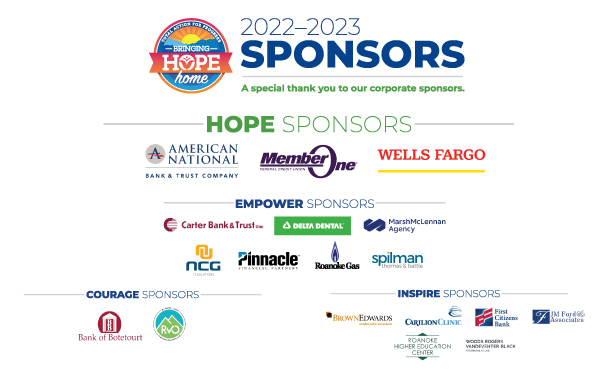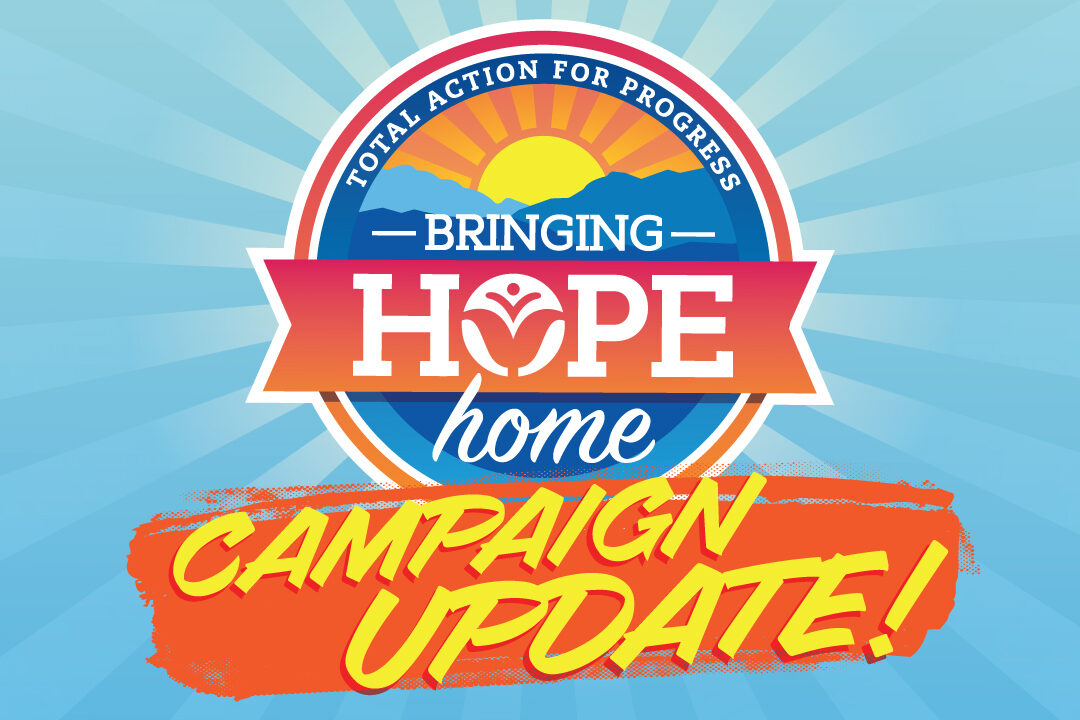TAP Head Start Partnership in Craig County
Before Craig County Child Care Center existed, the area’s only option for early childhood education was a half-day preschool open three days per week. Once the Center opened, families had more reliable childcare. But as the only licensed provider in Craig, the community’s need surpassed what the Center could provide–that’s where TAP Head Start came in.
A Successful Partnership
The partnership began in 2016 when TAP provided funding for eight children to attend the Center tuition-free. The partnership has since grown to slots for 26 children.
“When we partnered with Head Start originally, we were operating on a shoestring budget. This has really grown our facility,” says Teresa Oliver, the Center’s executive director.
TAP also helped the Center improve its service quality through curriculum selection and staff training. “We use a high-quality curriculum that we didn’t use before. Hygiene and health has become a focus of ours, so all of our children brush their teeth every morning and get dental checks every year. All of our children get vision checks every year. That’s not something that was happening, especially in a rural community like ours,” says Teresa.
All Center staff now have Child Development Associate (CDA) credentials and an endorsement in early childhood, and some, Teresa says, “have completed the advanced certificate program at Virginia Western.”
Beyond Childcare
Teresa notes that the partnership’s benefits go beyond childcare. “It’s helped with parents being able to go to work,” she says. “If you didn’t have a quality childcare center that you felt comfortable and safe sending your kids to, then how did you work outside of the home? Now that we have these paid-for slots, we’ve had more families that have been able to go to work and have an income.”
One such parent is Kristin Foster, a single mom. With reliable childcare, she’s been free to work toward her associate degree and the next step in her career.
“I want to thank TAP and the Center for everything they do…,” Kristin says. “They always go above and beyond.”
Find out more about TAP Head Start
Click here to find out more about our early childhood education programs.



